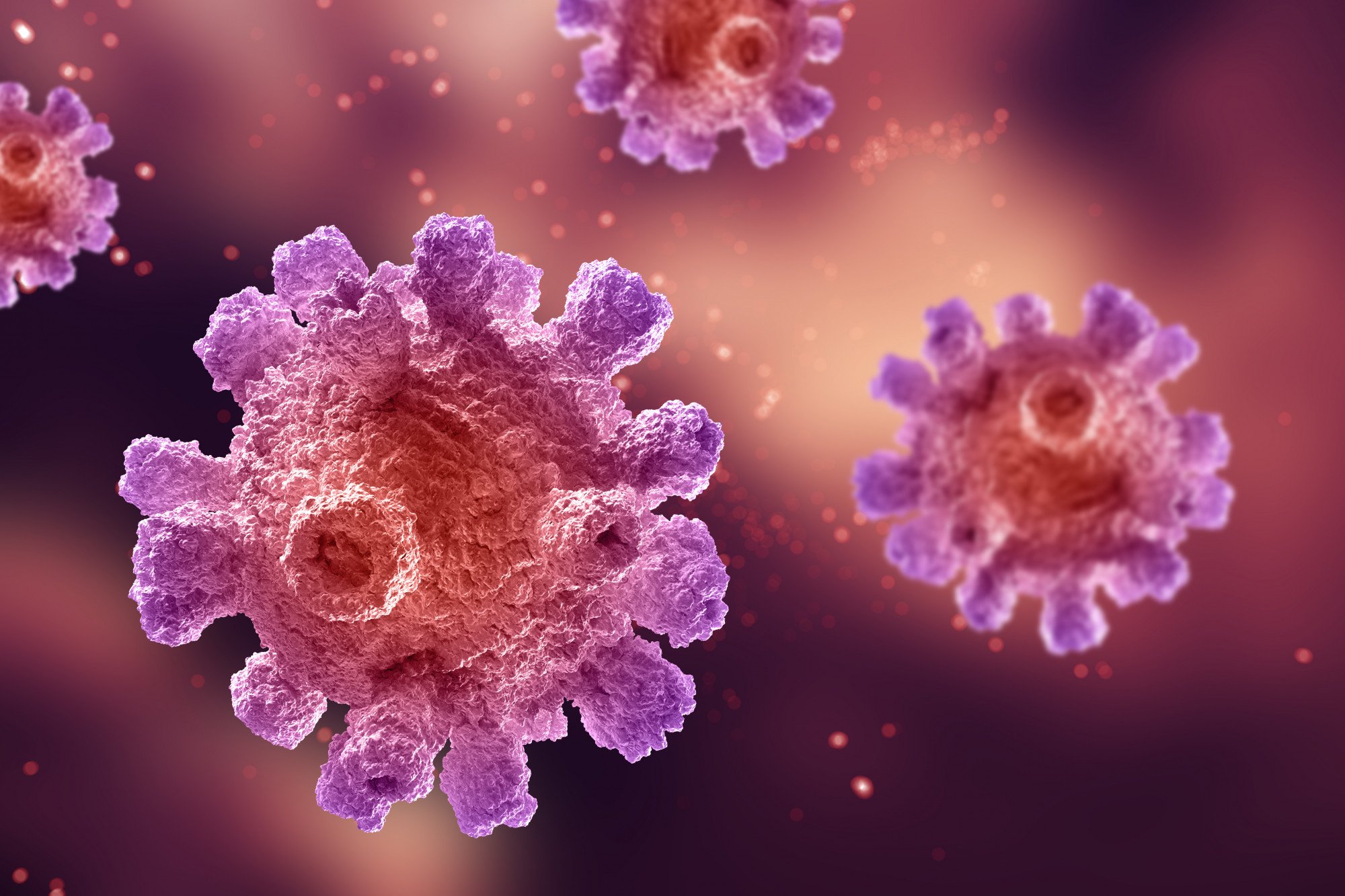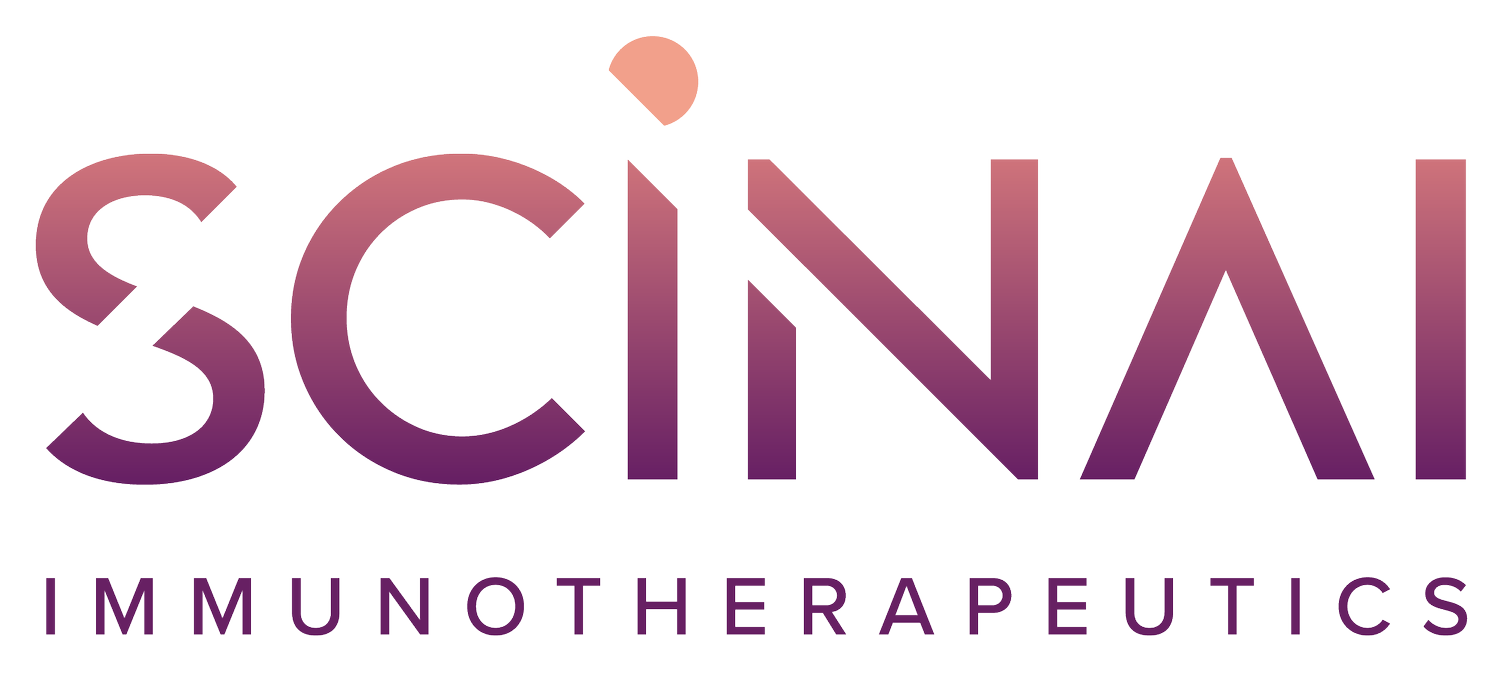
NANOSIZED ANTIBODY PIPELINE
NanoAbs: Significant Advantages
Alpaca-derived nanosized antibodies (NanoAbs), also known as VHH-antibodies*, exhibit potential as biobetter therapies for a wide range of diseases. Scinai is developing NanoAbs addressing diseases with large unmet medical needs and attractive commercial opportunities, such as psoriasis and asthma.
Human monoclonal antibody (mAb)
Alpaca-derived NanoAb
Platform Value Proposition
NanoAbs’ unique physicochemical attributes can generate multiple crucial advantages vs human monoclonal antibodies (mAbs)
Manufacturing
X10 active pharmaceutical ingredient (API) per gram of manufactured protein vs. mAbs
Faster and lower cost production in yeast (pichia) vs mammalian cells
R&D
Quicker antibody discovery and optimization due to massive libraries
De-risked pipeline development leveraging approved mAb targets
Product
Hyper-thermostable = longer shelf life, easier storage & distribution
Superior specificity & affinity to target potentially enables lower dose, fewer adverse events, lower cost
Adaptable half life
Patient Safety & Convenience
Multiple, easier routes of administration
Lower immunogenicity
Fewer contraindications
Potentially safer & lower dose
Leading Scientific Collaborators
From the world-renowned Max Planck Institute for Multidisciplinary Sciences and University Medical Center Göttingen, Germany
Professor Dr. Dirk Görlich
Professor & Director at Max Planck Institute for Multidisciplinary Sciences
2024 Louis-Jeantet Prize & 2022 WLA Prize
Professor Dr. Matthias Dobbelstein
Max Planck Institute Fellow, Professor and Department Head at the University of Göttingen
Scinai’s scientific partners are leaders in designing and optimizing NanoAbs.
The NanoAbs exhibit strong neutralization at picomolar levels of concentration; Hyperthermostability to 95°C (200°F); and potential for convenient administration via inhalation and intradermal injection.
Through the Max Planck alpaca farm in Göttingen, our partners quickly generate massive antibody libraries, and then select optimum candidates in the lab leveraging unique know-how.
Neutralization of SARS-CoV-2 by highly potent, hyper-thermostable, & mutation-tolerant nanobodies | EMBO Journal
Authored by our scientific partners at the Max Planck Institute for Multidisciplinary Sciences and University Medical Center Göttingen, Germany.
Our NanoAb exhibit a strong competitive edge over existing therapies. For example, the anti-Sars-COV-2 NanoAbs exhibit superior affinity to the target, neutralizing the virus, in-vitro, at drug concentrations about 100-times lower than those required by currently commercially available monoclonal antibodies. This may lead to increased efficacy, reduced side effects, and allow production at a lower cost. In addition, the NanoAbs’ small size and hyper-thermostability at 95°C (200°F) potentially enables administration through inhalation and longer shelf life, and potentially avoids the need for enhanced cold chain storage and transport. Together, these attributes are designed to create significant competitive advantages.

NanoAbs feature a favorable path to market compared to risks associated with traditional drug development:
Molecular Target: Validated by existing but sub-optimal antibody therapies
Mechanism of Action: Well understood
Commercial: Strong demand for available antibody therapies, and underserved populations
Validated Clinical Use: The first commercial VHH-antibody is blood disorder therapy Caplacizuma, developed by Ablynx, a company acquired by Sanofi in 2018 for $4.8B




